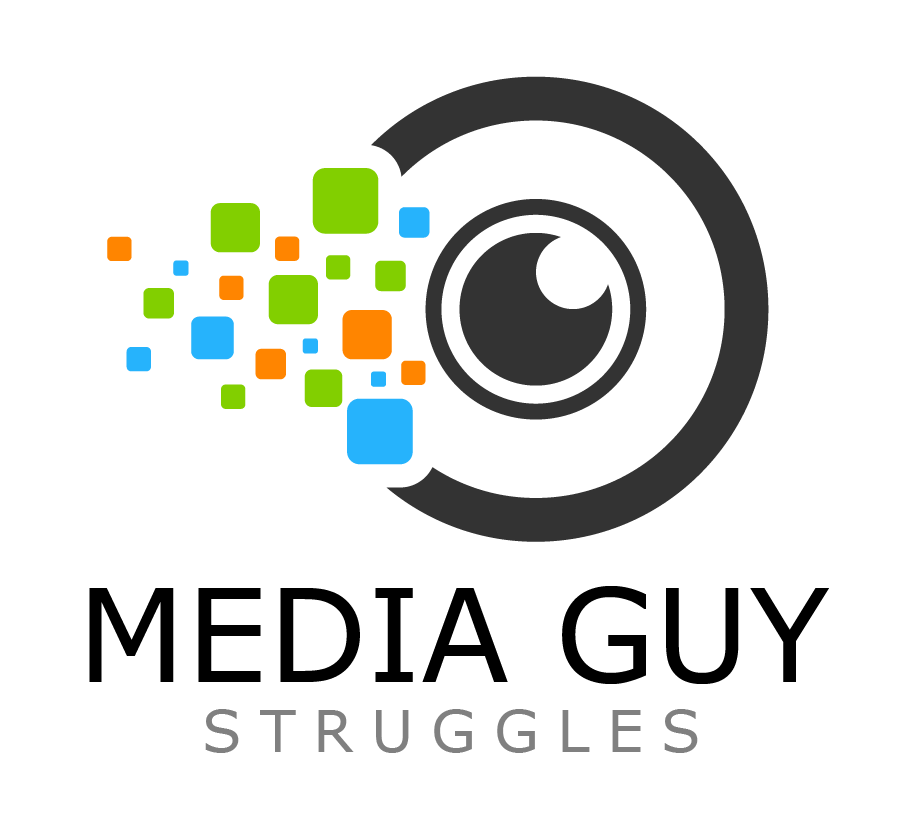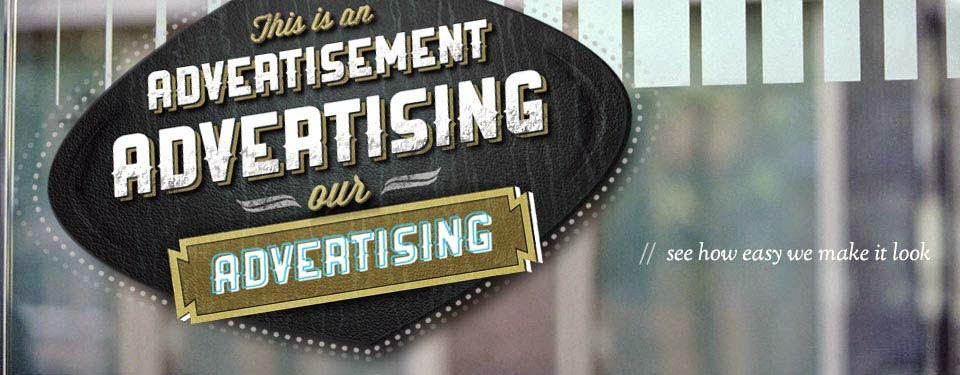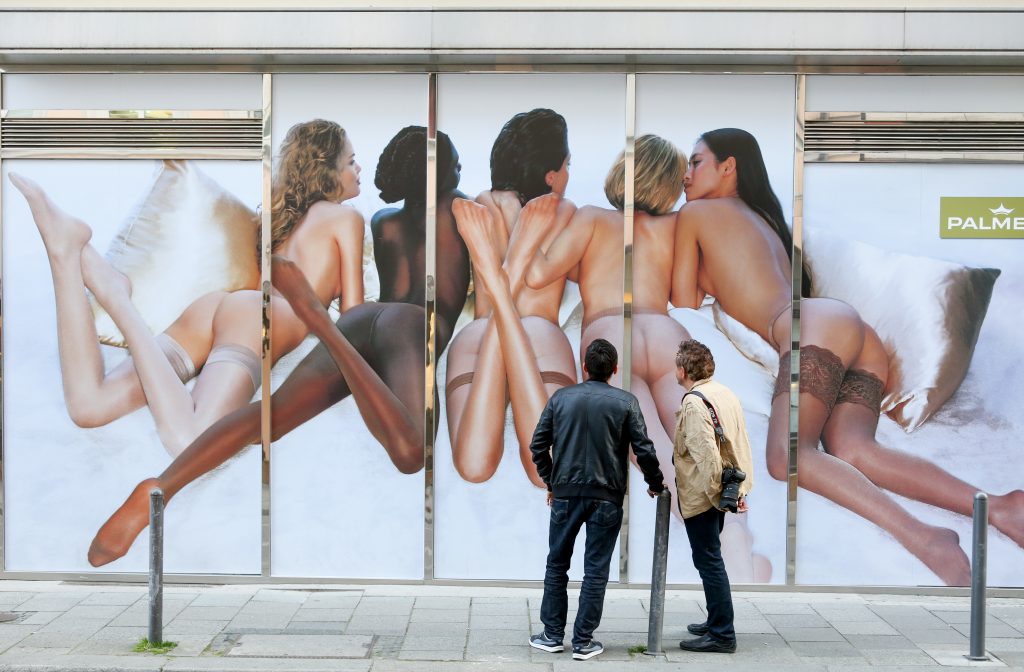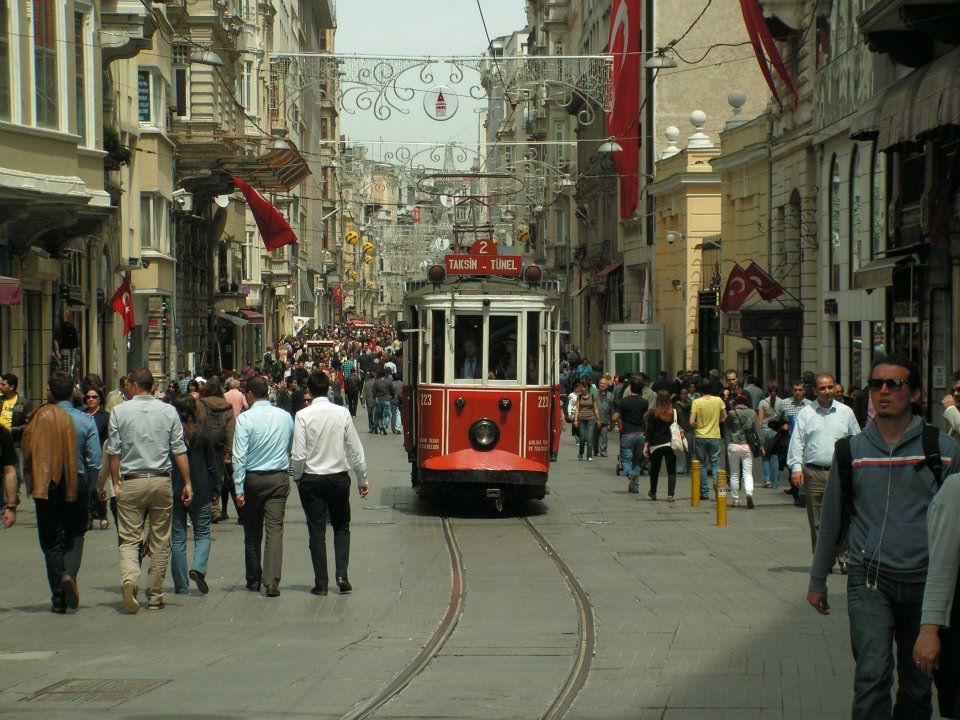Vision Dreams of Passion
I’m in the middle of Hollywood with some interns (no, not Lewinsky-types, actual interns interviewing me for a Pepperdine University thesis they are writing for their masters degrees.)
We were at a Starbucks because I was still reeling from losing $100 in the office pool. I bet all my M&Ms money that George Clooney was going to get up, put on his best black Oscars night leftover suit, start sweating profusely, text “ABORT! ABORT!” to an unlisted number, and wait for a helicopter flown by Leo DiCaprio and a dozen 25-year-old models to rescue him and fly to Bang-A-Ho Island where he can be single forever. But he didn’t do that, and now someone from accounting is happily skipping to the 7-11 to buy $100 worth of Flamin’ Hot Cheetos and day-one pizza slices. THANKS ALOT GEORGE!
I haven’t been interviewed in a long time. The last time was that Italian Business Week-esque debacle that still has the Eastern Mediterranean villagers sharpening their pitchforks and lighting their makeshift torches. Yet I digress…
So, “This fame thing?” I tell them, “Really f**ked me up for a really long time. I didn’t know how to do it; I didn’t know how to engage with it; it stressed me out. And people would say, ‘You just have to be yourself,’ and I was like, ‘But I don’t know who that is yet!’ New York. If you can make it there, you can make it anywhere. I need to get back there. Once upon a time I was famous in New York. The ad exec knew I would bring them the best commercials and juice stories.
The bottom line remains for those jumping into advertising: Don’t do it!
Advertising is the industry that people who were not lucky enough to get actual “creative” jobs end up in. These people—creative people whose artistic or literary dreams did not work out, often due to economic forces far beyond their control—find themselves in a position in which they are obliged to use their creative talents for purely commercial ends. Selling soap, so to speak. This causes quite a bit of cognitive dissonance. These people therefore expend quite a bit of time and effort justifying the position they find themselves in, in life. (As do we all!) Having justified their position to themselves, they seek to bolster their justification by attracting others like themselves into their same field. The more creative artists who do advertising for a living, the more of a real, justifiable, creative career it must be. They therefore use their considerable creative talents to sell the field of advertising itself, to their peers.
Do not fall for it, kids. Don’t go into advertising.
Advertising is a far more stable career than art, or music, or writing books, or journalism—the fields that many of the people in advertising wanted to go into, originally. Those creative and artistic fields are extremely competitive. They are harder to break into. They tend to be less lucrative. Forging a successful career in any of them through one’s own creativity alone is a dream that will come true only for a relatively low number of people. Lots of people want to be famous musicians. Only few will achieve that. For the rest, the advertising industry awaits, ready to use those same creative talents to sell things. Advertising is a field that is not going away. It will take you just as readily as the cold, uncaring whims of public attention will spit you out. It is a profession in which you can build a stable career. It is a good living. And Mad Men. Mad Men. So glamorous.
Don’t go into advertising.
Advertising offers the creative person a bargain: You can use your creativity. Just not for yourself. In fact, you must use your creative skills in the service of something diametrically opposed to the ideals that creative people generally espouse. You will sell your creativity, for a tidy sum, to the world’s faceless corporations. You, the artist, will paint their faces. You, the musician, will give these corporations their voice. You, the writer, will help these corporations speak poetically. Your creativity is pooled and used to give character to something that has no character: a corporation, a machine that makes money. Your talents are used to give that machine a soothing, attractive halo. This, at the end of your advertising career, will be the sum total of your creative output. This will be your artistic legacy. This will be what all of your poetry has accomplished. A pretty face on the machine. You, yourself, and your own soul are not part of this equation. Your own creativity does not serve those things any more.
Don’t go into advertising.
Your creativity, as trite as it sounds, is worth more than that corporation will ever pay you. We all need jobs. There is nothing wrong with doing something that is not your dream job, out of necessity. But it doesn’t have to be advertising. If you are young, you have time to try a lot of things. Try to be a writer. Try to make it with your band. Try to be a working artist. If it doesn’t work out financially, at least you gave it a shot. And you never have to stop making art, regardless of your circumstances. Unless you agree to sell your creativity to that machine.
The advertising industry wants you. They need you. Without you, and your creativity, all the corporations lose their faces. They’re not pretty any more. They need you, and your creativity, the same way that a vampire needs blood. They’ll pay you handsomely. But it will never, ever be worth it.
Don’t do it!



.jpg)

.png)








Leave a Reply